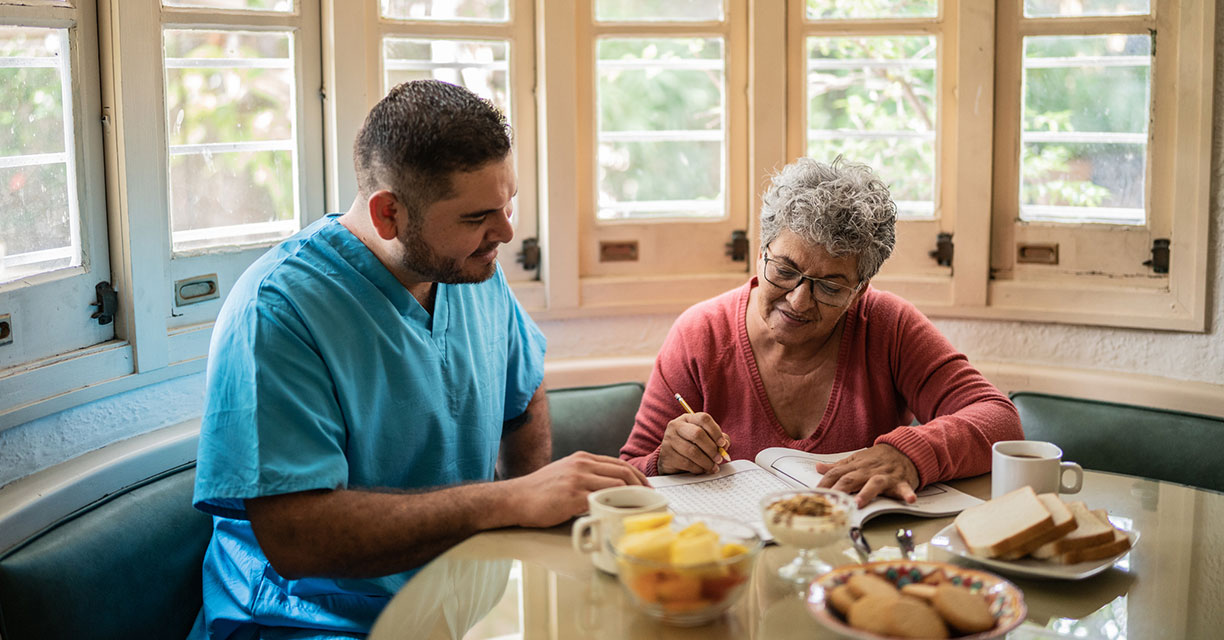Headline
Homeless-tailored primary care clinics within Veterans Affairs facilities improved depression care for people experiencing homelessness.
Context
Experiencing homelessness is associated with a greater likelihood of meeting criteria for a depressive disorder, a risk factor driven in part by barriers to timely and high-quality depression care. To better meet the needs of persons experiencing homelessness (PEH), some Veterans Affairs facilities have implemented specialized clinics tailored to this population. These clinics have smaller panel sizes and offer street outreach, walk-in appointments, interdisciplinary care teams that include mental health providers, and other resources designed to improve care and outcomes for PEH. This study investigates whether PEH who receive care from homeless-tailored primary care clinics receive higher quality depression care compared to those served by non-tailored clinics.
Findings
PEH who were newly diagnosed with depression and attributed to a homeless-tailored clinic were more likely to receive both timely follow-up care and minimally-appropriate treatment for depression — defined as at least a 60-day supply of antidepressant prescriptions, four or more mental health specialist visits, or three or more psychotherapy visits within 12 months of screening — than those attributed to non-tailored clinics. These results were statistically significant even when controlling for patient demographics and primary care clinic characteristics.
Takeaways
Unlike previous studies that have focused on the effects of homeless-tailored clinics on acute service utilization or patient satisfaction, this research demonstrates improvement in process-based quality measures reflective of patients’ timely access to depression care. These measures are closely linked to health outcomes for people with depression, further adding to the growing evidence-base demonstrating the benefits of tailored care models to meet the needs of PEH. The authors suggest that these positive outcomes can be attributed to several features of homeless-tailored clinics, including, smaller panel sizes, more accessible clinic hours and appointment availability, integrated care teams that include a mental health provider, and approaches to care that are more conducive to greater patient satisfaction among PEH.



